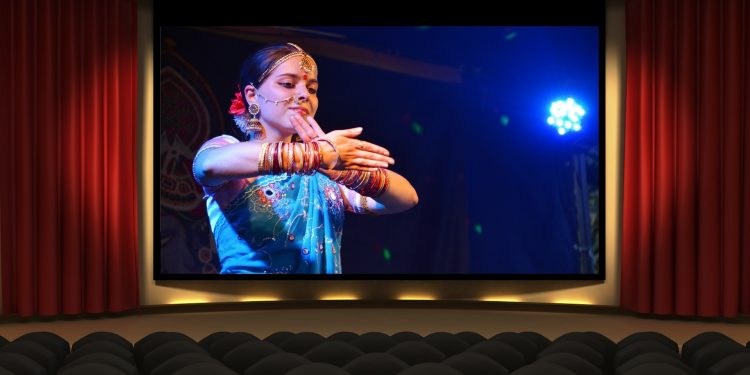National Anthem in Movie Halls: Committed Patriotism or Popcorn Nationalism?

Introduction
“Should we wear patriotism on our sleeves?” asked Justice DY Chandrachud of the Supreme Court while hearing petitions seeking reversal of the Court’s November 30, 2016 order which made it mandatory to play national anthem in movie halls.
“There is no mandate that people should stand up when the National Anthem is sung in a cinema hall. This is obviously because a cinema hall is a place for entertainment… people go to cinema halls for undiluted entertainment. Society needs entertainment,” Justice Chandrachud said, referring to the Flag Code. “You don’t have to stand up at a cinema hall to be perceived as patriotic.”
Committed Patriotism
Incidentally, the 3-Judge bench hearing the current petition was headed by the Chief Justice of India Dipak Mishra who along with Justice Amitav Ghosh has then passed the November 30 interim order which mandated that “all the cinema halls in India should play the National anthem before the feature film starts and all present in the hall are obliged to stand up to show their respect to national anthem” as part of their “sacred obligation”.
The bench observed that, “Love and respect for the motherland is reflected when one shows respect to the national anthem, as well as to the national flag. That apart, it would instil the feeling within one a sense [of] committed patriotism and nationalism.”
In order to defend this justification, the bench cited Article 51A (a), which says that it shall be the duty of every citizen of India to abide by the Constitution and respect its ideals and institutions, the national flag and the national anthem.”
The Jehovah Case
Ironically, the Supreme Court’s interim order ignored a valid precedent of Bijoe Emmanuel vs State of Kerala case in 1986. In the subjected case, three schoolchildren belonging to Jehovah’s Witnesses, a sect that worships only Jehovah—the creator —and none other, approached the Supreme Court after they were dismissed from their school for refusing to sing national anthem, which they said was against the tenets of their religious faith. They desisted from actual singing only but they used to stand up in respectful silence when the national anthem was sung, their petition contended. The Kerala High Court rejected their challenge to their expulsion.
On August 11, 1986, the Supreme Court allowed their appeals against the High Court judgment by holding that their fundamental rights under Articles 19(1)(a) and 25(1) had been infringed and that they were entitled to be protected. The Supreme Court set aside the High Court judgment and directed the school authorities to readmit the three children into the school.
Passing On The Buck
In recent times, the Supreme Court is seen passing on the sensitive issues to the Centre’s court. In the instant case, Justice D Y Chandrachud said “Cultural and social values can’t be enforced through court orders” and asked the Government to consider amending the National Flag Code for regulating the playing of the National Anthem in cinema halls across the country and take a call uninfluenced by its earlier order. It is worth noting that in the triple talaq case, the Supreme Court in its landmark verdict held the religious practice “null & void” but passed on the buck to Government to frame a law on triple talaq. It may also be recalled that the Supreme Court last year admonished the Centre for lack of progress on Ganga cleaning project and said it would monitor the progress. But earlier this year the Court, which was hearing the matter for 32 years passed on the buck to National Green Tribunal (NGT) to monitor the clean Ganga project.

